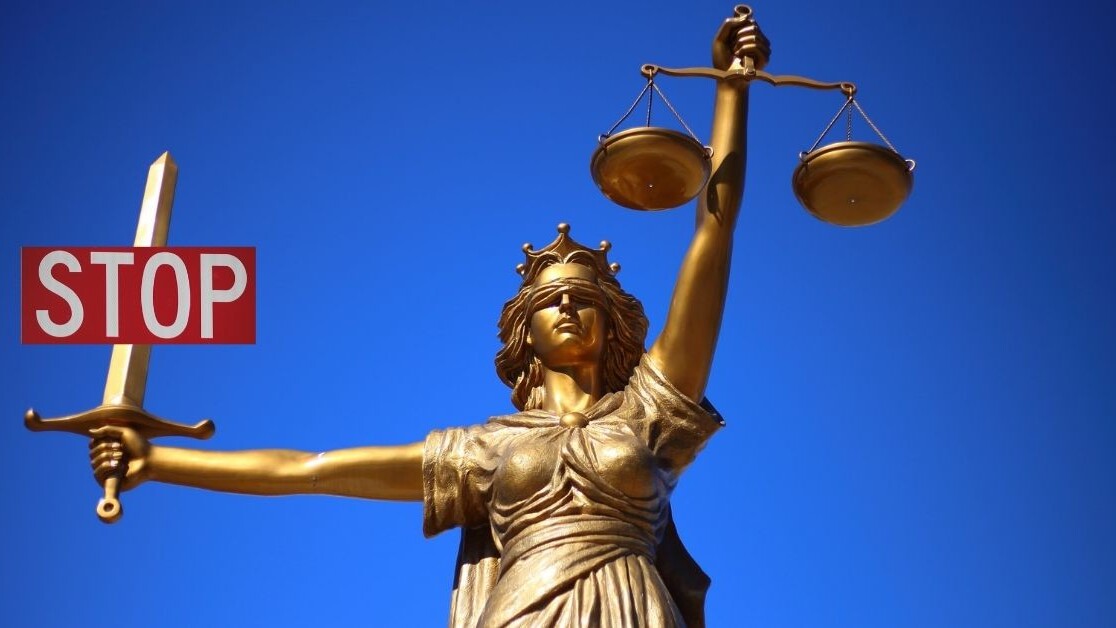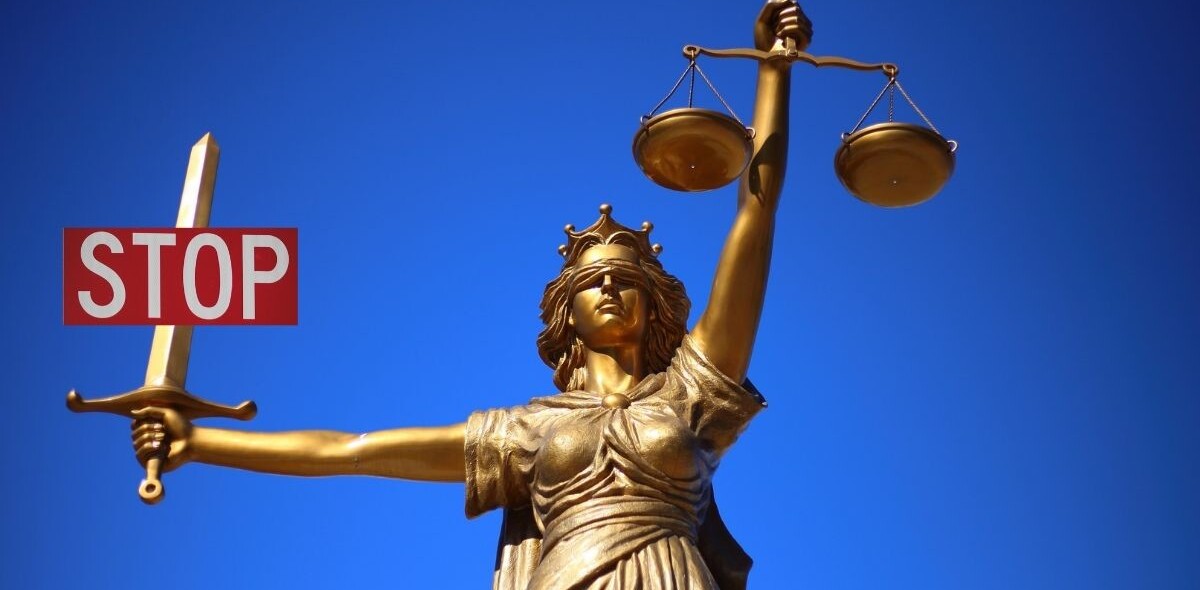
The US’ top financial watchdog has settled with Dallas-based blockchain startup Bitqyck Inc. over allegations it fraudulently sold shares of company stock to more than 13,000 buyers of its Bitqy cryptographic token.
In a statement released yesterday, the US Securities Exchange Commission (SEC) also alleged the firm and its founders Bruce Bise and Sam Mendez fraudulently promised investors interest in a cryptocurrency mining facility through sales of a secondary token, BitqyM, and its related blockchain-powered smart contract.
That facility was supposed to be powered by below-market rate electricity. As it turns out, there was no such deal, and no such facility – the entire mining operation was a fake.
“Bitqyck, aided and abetted by its founders, also is alleged to have illegally operated TradeBQ, an unregistered national security exchange offering trading in a single security, Bitqy,” said the SEC.
Although Bitqyck’s founders did not confirm or deny the allegations, the pair agreed to return all money raised (more than $13 million) with interest.
Bise and Mendez will also need to pay a civil penalty of $8,375,617, as well as $890,254 and $850,022 respectively.
This continues a veritable trend of judgements against (allegedly) fraudulent cryptocurrency startups across the US and beyond.
Earlier this month, the SEC moved against a “self-described financial guru” that raised $14.8 million with an allegedly fraudulent ICO, while last week saw the SEC reach a settlement with a Russian firm that advertised initial coin offerings without disclosing that it had been paid to shill the coins.
Whoops.
Get the TNW newsletter
Get the most important tech news in your inbox each week.




